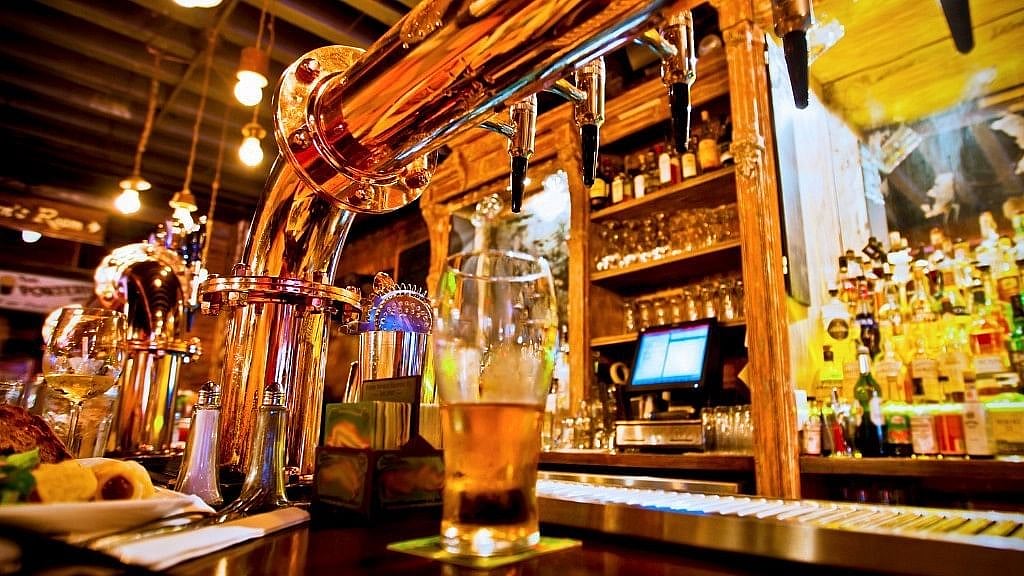Bars to Operate Till 3 am: Delhi Govt Unveils New Excise Policy
There will be 849 retail liquor vends in the city, including five super-premium retail vends.

advertisement
The Delhi government on Monday, 6 July, announced its new excise policy for 2021-22, with reforms such as allowing bars in hotels, clubs and restaurants in Delhi to operate till 3 am.
Excise is an important source of revenue for the state and the reforms brought in the new policy aim at boosting the city's treasury. Delhi is ranked the 28th most-visited city in the world and the first in India by foreign visitors, news agency ANI reported.
Other reforms brought in by the Arvind Kejriwal-led government are:
Except those licensees who have been permitted to operate around the clock, bars in hotels, clubs and restaurants in the national capital, will be allowed to operate till 3 am.
Hotels, clubs and restaurants in Delhi will be allowed to serve Indian and foreign liquor in any area within the licensed premises, including the terrace or balcony, as long as the liquor served is away from public view, ANI reported.
A new licence, L-38, for banquet halls, party places, farmhouses, motels, wedding/party/event venues has been introduced by the Delhi government, with permission to serve Indian and foreign liquor at all parties hosted on their premises on payment of a one-time annual fee.
The government will be out of retail liquor trade under the new system, which will pave the way for the closure of state-run shops and promote private players in the national capital, PTI reported.
Moreover, as per the new policy, every liquor outlet in the city will provide a walk-in experience to its customers with multiple choices of brands, and within the vend premise, the entire selection and sale process will be completed.
Retail sales in the form of L-7V (Indian and Foreign Liquor) can be opened in any market, mall, commercial streets and areas, and local shopping complex.
Microbreweries will be allowed to supply draught beer to bars.
Retail vends that will be air-conditioned will have glass doors. However, customers will not be allowed to crowd outside a vend or the pavement and buy over the counter, the policy document stated, PTI reported.
Apart from satisfactory security arrangements as the vend itself is responsible for the law and order around the premises, CCTV cameras will also have to be installed inside and outside the vend.
Any type of entertainment or performance, including dancing or singing by professionals or deejays, live bands and karaoke, have been permitted to be played by bars on its premises.
Additionally, there will be no restriction on the shelf life of opened liquor bottles at the bar counter.
Super-Premium Vends
There will be 849 retail liquor vends in the city, including five super-premium retail vends, having a minimum carpet area of 2,500 square feet.
The policy stated, “Super-Premium Vends will need to stock at least 50 imported (B10) liquor brands including wines (BECRS) etc. brands in the store,” PTI reported.
The 272 municipal wards are divided into 30 zones in 68 Assembly constituencies of Delhi, as per the excise policy, with a maximum of 27 retailers in each zone. There will be three retail liquor vendors, on an average, in each ward.
(With inputs from ANI and PTI)
(At The Quint, we question everything. Play an active role in shaping our journalism by becoming a member today.)